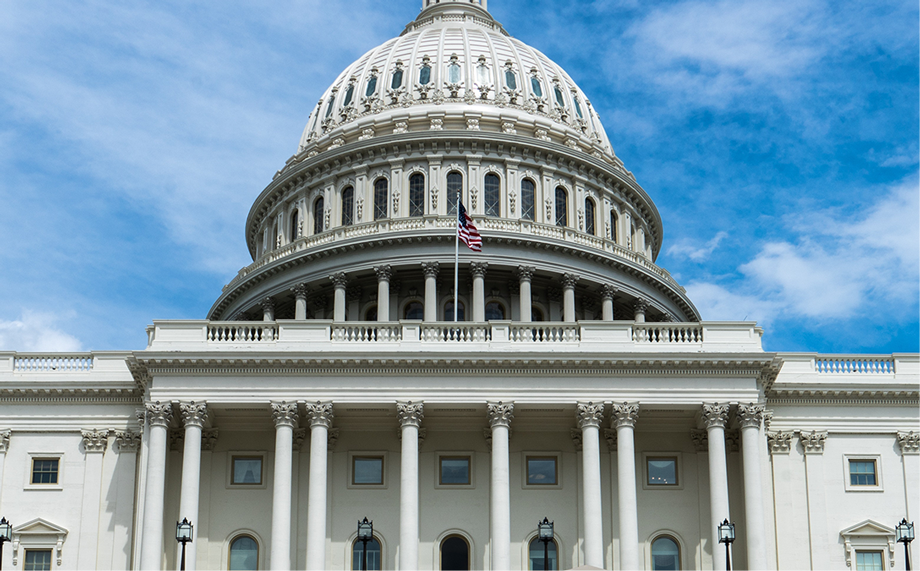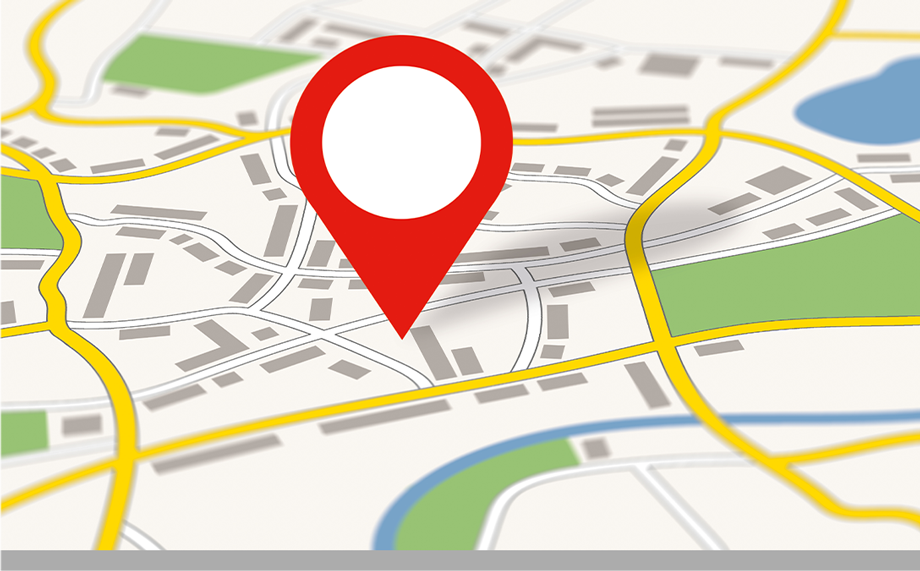Welcome to the Maryland State Profile Page! This page features a sample of survey and research results from a comprehensive review of state and local home modification activities across the country. It has a special focus on the aging population and the efforts of State Units on Aging, Area Agencies on Aging, and Native American aging service programs that are funded by the Older Americans Act Title VI Grants for Indian Tribal Organizations.
STATE PROFILE: Maryland

Maryland
A State Profile of Home Modification Activities
SPOTLIGHT ON STATE LEVEL HOME MODIFICATION ACTIVITIES
This section shares information that demonstrates the need for home modification in this state and highlights some of the state’s important home modification efforts, policies, and funding sources.
SPOTLIGHT ON LOCAL HOME MODIFICATION EFFORTS
How are agencies across the country responding to their communities’ home modification needs? Read about stand-out home modification efforts the aging network is conducting in this state.
Check back as new updates will be posted periodically! Have any changes or additions? Please contact homemods@usc.edu
SPOTLIGHT ON STATE LEVEL HOME MODIFICATION ACTIVITIES
Home Modification and Repairs for Older Adults: Challenges and Opportunities for State Units on Aging: This report by the USC Fall Prevention Center of Excellence and ADvancing States reports on a national survey
MARYLAND DEPARTMENT OF AGING (State Unit on Aging)
State Units on Aging (SUAs) are designated state-level agencies that develop and administer state plans that advocate for and provide assistance, including home modifications or repairs, to older residents, their families, and adults with physical disabilities. SUAs administer funds, including Older Americans Act funds, which may be used to support home modification or repair services through local Area Agencies on Aging and other state and local entities. Program(s) with home modification or repairs include:
Community for Life
Program Description: Community For Life provides a package of services for homeowners and renters. It includes home maintenance/light home repair provided by a community “handyman” based on a list of vetted contractors, transportation, and community access navigation in a cost-effective and supportive manner. This fee-based, local nonprofit model involves three pillars of support including initial home assessment and handyman support, transportation, service navigation. There are currently six partners in the state carrying out the Community for Life Program.
Population Served: Maryland residents age 65 and older with no income or health requirements.
MARYLAND DEPARTMENT OF HOUSING AND COMMUNITY DEVELOPMENT
1. Accessible Homes for Seniors
Program Description: Accessible Homes for Seniors is administered by the Maryland Department of Housing and Community Development in partnership with the Maryland Department of Aging. It provides zero-interest loans to modify a home space for adults age 55 or older. Modifications may include grab bars and railing installation, widening of doorways and installation of ramps. The program provides zero percent interest. Loan payments are deferred for 30 years or until the sale or transfer of ownership of the home.
Population Served: Maryland residents with at least one resident age 55 or older, must own and occupy the home to be renovated as their principal residence, income requirements, and other eligibility related to the condition of the home.
2. Independent Living Tax Credit
Program Description: This State of Maryland tax credit administered by the Maryland Department of Housing and Community Development is for residents who renovate a home to be more accessible. The tax credit may be up to 50% of the cost of the renovation up to $5,000, either in one’s own home, the home of a family member, or a rental property.
Population Served: Maryland taxpayers with documentation showing the payment for a home renovation that includes accessibility features.
3. Maryland Housing Rehabilitation Program – Single Family
Program Description: This program focuses on preserving and improving single family properties and one-to-four unit rental properties. It is designed to bring properties up to applicable building codes and standards, and may include accessibility modifications. Interest rates for loans range from 0% to 6% and are based on the applicant’s ability to pay.
Population Served: Owner-occupants of single family homes and all residents of financed rental housing with household incomes that do not exceed 80 percent of the statewide or Washington, D.C. Metropolitan Statistical Area median income. Deferred loans are available to some borrowers who require health, safety or accessibility improvements.
MARYLAND DEPARTMENT OF HEALTH: MEDICAID WAIVERS
1. Children with Autism Spectrum Disorder Medicaid Waiver
Program Description: This Medicaid Waiver provides residential habilitation, respite, adult life planning, environmental accessibility adaptations, family consultation, intensive individual support service, and therapeutic integration for individuals with autism ages 1 – 21.
Population Served: Maryland children on Medicaid with autism, ages 2 through 21, who need an Intermediate Care Facility for the Intellectually Disabled level of care.
2. Community Pathways Medicaid Waiver
The Community Pathways Medicaid Waiver provides services in the community as an alternative to receiving services in an institutional setting. Supportive services include career exploration, respite care services, assistive technology and services, behavioral support services, community development services, community living-enhanced supports, and environmental assessments and modifications.
Population Served: Medicaid-eligible individuals with developmental disabilities of all ages.
3. Home and Community-Based Options Waiver for Older Adults and People with Disabilities
Program Description: This Medicaid Waiver provides community services and supports to help older adults and people with disabilities live at home through assistance with activities of daily living such as bathing, dressing, and grooming. Environmental assessments and home adaptations are included.
Population Served: Medicaid-eligible Maryland residents age 18 years or older who meet the level of care required to qualify for nursing facility services.
MARYLAND STATE ASSISTIVE TECHNOLOGY PROGRAM
MDTAP Technology Assistance Program
The State Assistive Technology Grant Program, funded under the Assistive Technology Act of 2004, supports comprehensive, statewide programs in each state that improve the provision of assistive technology (often home modification-related) to individuals with disabilities of all ages. It has a Home Modification Directory for Maryland (2016)
MARYLAND STATE FALL PREVENTION COALITION
For an up to date list of all state fall prevention coalitions, visit: https://www.ncoa.org/resources/list-of-state-falls-prevention-coalitions/
SPOTLIGHT ON LOCAL HOME MODIFICATION EFFORTS BY THE AGING NETWORK
1. To locate the Area Agency on Aging in your state, please contact Eldercare Locator at https://eldercare.acl.gov/Public/Index.aspx
2. Data Brief: Building Community Capacity to Serve Older Adults: The Role of Area Agencies on Aging in Home Modifications and Repairs
This Data Brief highlights key findings from the 2019 National Survey of Area Agencies on Aging on how Area Agencies on Aging are providing and funding home modification and repair activities. It was developed by the USC Fall Prevention Center of Excellence in partnership with the National Association of Area Agencies on Aging as part of the Administration for Community Living project, “Promoting Aging in Place by Enhancing Access to Home Modifications.”
3. Featured Efforts:
Community Living Program: Home Modification and Repair Program
Howard County Office on Aging and Independence
Columbia, Maryland
The Home Modification and Repair Program of the Howard County Office on Aging and Independence promotes safety and well-being for older adults in Howard County. The program enables a group of professional partners to provide consultation, along with home modification, repair, and retrofit services to qualified residents who want to remain in their own homes. Many services are offered free or at a reduced cost. Special features include a free consultation with an Occupational Therapist and/or Occupational Therapy student and a free home safety assessment and provision of durable medical equipment for those who qualify financially and functionally. Funding sources for this program include Older Americans Act Title IIIB and Local General and Millage Funds. Services provided include: minor home modifications (e.g., grab bars, raised toilet seats, handheld showers, handrails, lever door handles, lighting, improvements to doorways or other access areas, exterior work); home assessments; raising consumer and/or professional awareness; and partnering with state or local non-profit home modification programs (e.g., Rebuilding Together, Habitat for Humanity).
Conciliation Housing Accessibility Modification Program (CHAMP) and Housing Accessibility Modification Program (HAMP)
Baltimore County Department of Planning (scroll down to Housing Resources) Towson, Maryland
The Baltimore County Department of Planning administers two funding programs to provide financial assistance so that people with disabilities may modify their units. Home modifications address the needs of a person with a disability living in a rental unit and using a voucher. Modifications may include installation of railings or ramps, bathtub inserts, alert systems, different flooring or other structural modifications. To be eligible, a family member must have a disability, have a one-year lease for a rental unit in Baltimore County, and meet certain income guidelines.
Home Repair/CDBG and Ramps Program
Washington County Commission on Aging, Inc.
Hagerstown, Maryland
Email: info@wccoaging.org
The non-profit Washington County Commission on Aging, Inc., an Area Agency on Aging, serves the Washington County community by helping older adults, people with a disability regardless of age, and caregivers with programs such as the Home Repair/CDBG and Ramps Program. This program assists eligible homeowners within Hagerstown city limits with necessary maintenance and repairs such as minor home modifications (e.g., grab bars, raised toilet seats, handheld showers, handrails, lever door handles); major home modifications (e.g., remodel bathrooms, adjust counter/cabinet heights, ramps, elevator/platform or chair lifts, widen doorways, roll-in showers); and repairs (e.g., roofing, electrical, carpeting/floors, stair repairs). It is funded with Community Development Block Grants.
Livable Homes Tax Credit Program
Howard County Government Department of Finance
Ellicott City, Maryland
The Livable Homes Tax Credit Program is available to Howard County Residents who are owners of real estate property. These residents are eligible to apply for credit for approved modifications to their homes. Examples of approved modifications include ramps, stair glides, and modifications to doorways and bathrooms. The credit allowed is the lesser of either 50% of the cost or $2,500. Applications must be submitted by April 1st. For additional information, visit the website www.howardcountymd.gov and review the Livable Homes Tax Credit FAQ.
This page is brought to you by the project, “Promoting Aging in Place by Enhancing Access to Home Modifications,” supported, in part, by grant number 90PPHM0001 from the U.S. Administration for Community Living, Department of Health and Human Services, Washington, D.C. 20201. Grantees undertaking projects with government sponsorship are encouraged to express freely their findings and conclusions. Points of view or opinions do not, therefore, necessarily represent official ACL policy.


